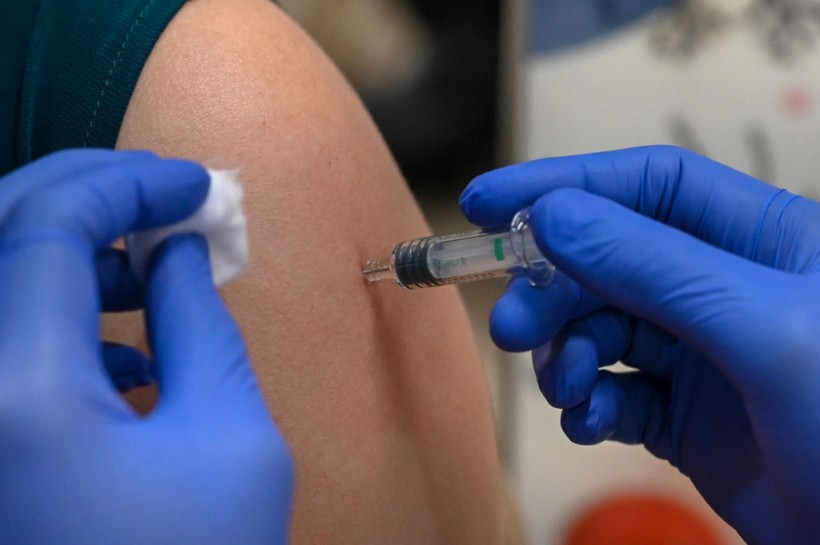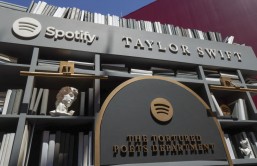
(Photo : Photo by Roslan Rahman / AFP / Photo by ROSLAN RAHMAN/AFP via Getty Images)
A woman receives a dose of the Sinopharm Covid-19 coronavirus vaccine at the Mount Elizabeth hospital vaccine centre in Singapore on September 7, 2021.
Singapore's Health Ministry announced that residents who choose not to get vaccinated against the coronavirus infection despite being eligible will no longer be able to avail free medical costs for COVID-19-related issues.
In a statement released on Monday, the ministry said that the country's federal government will start charging COVID-19 patients who are unvaccinated by choice. However, the announcement noted that people who were not eligible to receive the treatments will be exempt from the rule, including children under 12 and individuals who have underlying medical conditions.
Eligibility of Free Medical Costs
The ministry revealed that the number of severe coronavirus cases in the region was concentrated among unvaccinated residents. They said that the numbers have somewhat stabilized but remain high. During a news conference, a senior minister of state, Janil Putchucheary, said that out of 280 intensive-care beds for coronavirus patients, 134 were filled, the majority of whom were not vaccinated.
"We have to continue to try to keep this number as small as possible," said Putchucheary, citing that healthcare workers continued to struggle amid the pandemic, the New York Times reported.
The announcement came as the Singaporean government continues to cover the costs of COVID-19 care for all residents, both permanent and long-term pass holders. However, the list of eligible people excludes people who tested positive after returning from overseas travel.
The government explained that the coverage of fees was meant to avoid financial considerations adding to public uncertainty and concern. Officials added that the system will continue to apply to many people who are vaccinated until the pandemic becomes more manageable.
The policy change will require unvaccinated patients who become infected with the coronavirus will receive support from the government in the form of medical bill coverage. Partially vaccinated individuals, on the other hand, will not be charged until Dec. 31 to give them ample time to complete their vaccinations, NPR reported.
Coronavirus Vulnerability
The majority of coronavirus patients vulnerable to severe symptoms and requiring intensive care are residents who are in the 60 years and older age group. Singapore's Health Ministry added that at least 6% of people aged 60 and older in the country have not yet been vaccinated.
At a news conference, Health Minister Ong Ye Kung said that the government needs to send the important signal to get everyone in the country to receive their vaccines if they are eligible. While the revisions have taken a source of funding from unvaccinated individuals, they are still able to use other health care financing options to pay for their bills, including government subsidies and private insurance.
Ong added that even unvaccinated individuals will be highly supported and highly subsidized amid the coronavirus pandemic. Another way that Singaporean authorities are encouraging citizens to get vaccinated is by allowing five fully vaccinated people from any household to dine in at restaurants together starting on Wednesday, an increase from the previous provision that only allowed two, Yahoo News reported.
The health minister also said that hospitals preferred that coronavirus patients not be billed at all because of the tremendous strain it puts on them financially.
Related Article: Victoria's Deputy Premier James Merlino Announces Free, At-Home Antigen Tests For Unvaccinated, Partially Vaccinated Students








